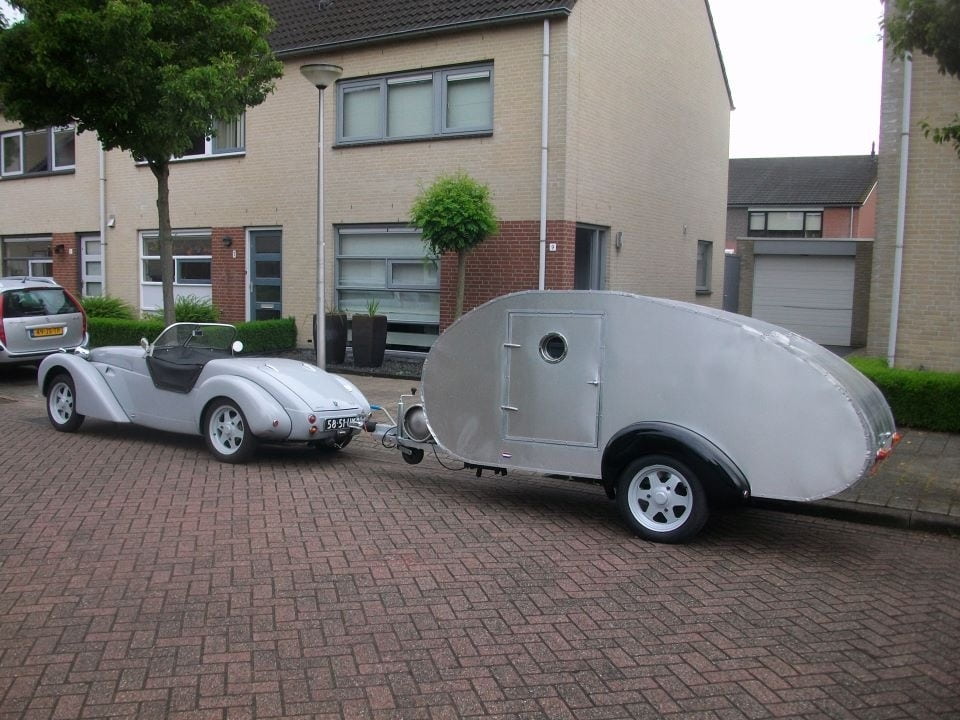But I thought I'd see just what would happen if I operated propane appliances for a short time with the vents closed. I turned on the gas detector and lit both burners of the Camp Chef propane stove. The BW of course started by indicating normal ambient near sea level O2 of 20.9%. The gas detector's alarm is set by default to activate on low O2, at 19.5%. I stayed inside to get the readings though I stood near the door, ready to throw it open if I felt at all unusual.
Within just 15 minutes the inner trailer air had swung down to the alarm activation level of 19.5! I allowed it to continue and it appeared to be dropping at a steady rate, so at 19% I decided that's enough, and I swung the door open, turned off the stove, and completely exchanged the air.
At no time did I myself detect any change in conditions, and as you can imagine during this time I was quite attuned to any altering of my environment.
 Without a gas detector I'd have had no inkling of anything amiss, at least not to the level I permitted based on the gas detector readings.
Without a gas detector I'd have had no inkling of anything amiss, at least not to the level I permitted based on the gas detector readings.So much for the stove, we won't be using that fella without plenty of ventilation. (not that we did before, just confirming how certain is the need for adequate ventilation prudent)
Now the catalytic heater. Turned on full and with all vents closed, this one consumed O2 down to 20.4 in 20 minutes and then seemed to stabilize and drop no more. Presumably there was enough exchange from the cumulative little imperfect seals and cracks to compensate at this point. Not something I'd rely upon but just saying that's what happened. No matter how much time passed it seemed to go no lower.
At this point I decided to restore the customary venting and I opened the high roof vent and the low air entry vent, and within less than a minute, with the catalytic heater still operating throughout, the inside air had returned fully to 20.9 % oxygen. As long as these vents were cracked open the O2 level never varied from 20.9.
Interestingly the CO detector didn't register appreciable increased CO during either of these tests! It was all about reduced O2. I tested the LEL gas too and with a stove burner off and venting gas the detector screamed bloody murder after a minute or so.
Just thought I'd share these real time findings with you, and they support the reports of how open flame propane devices in confined spaces have caused tragedies. I was surprized at the small to negligible role CO gas played in this admittedly very limited little test.
Don't worry, I'm not completely crazy, I'm a paramedic of 33 years and have training in confined spaces, and the G/F was outside ready to throw the door open if anything seemed amiss.
Beware the stoves and watch the Big Buddys, buddies. For a propane heat source the catalytic's got my vote. And vent, vent.



 . That is why I made my radiant tube heater.
. That is why I made my radiant tube heater.  It burns outside air and vents the burnt gases.
It burns outside air and vents the burnt gases. 